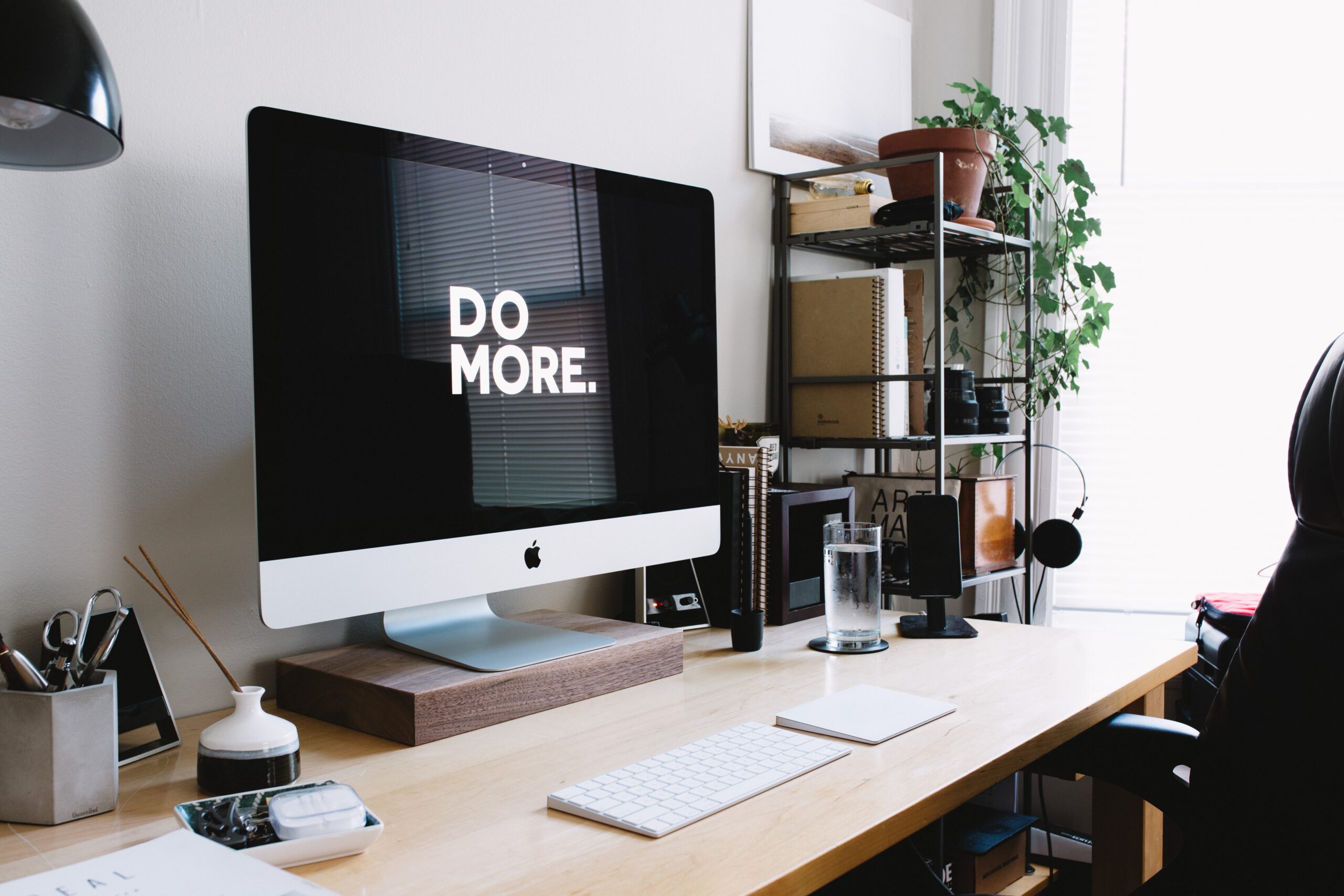The process of developing a daily routine has grown muddled during the pandemic, with remote work and hybrid work leaving our work lives and personal lives entwined. Is the greater concern getting the kids off to school, or jumping on a Zoom call? Is it more judicious to slip in a workout or dive into a report? And is it best to work within the parameters of a 9-to-5 day, or burn the midnight oil?
The truth is, there are no easy answers. What works for one person might not work for another. It’s why Dolly Parton, the musician/philanthropist, begins her day at 3 a.m. And why P.F. Chang’s CEO Damola Adamolekun starts off by reading reports at home at 6, but doesn’t take meetings until two hours later, after heading into his office and firming up his schedule for the day.
Whatever the method, there is comfort in a routine. Adhering to one goes a long way toward reducing stress levels, which have risen to abnormally high levels as a result of the COVID-19 outbreak. Austin Allison, CEO of the real estate marketplace Pacaso, cited in a piece for Inc. research showing that nearly half of all CEOs have been beset by mental health issues as a result of unrelenting stress, and that around the globe (and among people of every walk of life) there has been a 25 percent increase in anxiety and depression.
So yes, the routine matters. It matters if you incorporate healthy habits – if you eat right, sleep right, exercise and curb your screen time. But more than that, just maintaining a consistent routine matters, because let’s face it: Time is precious. Money comes and goes, but once time is lost, it’s gone forever. It is essential to recognize that, and make the best of it.
There are various apps, wearables and websites that will enable you to organize yourself, an example of the latter being MOO.com, which comes at the issue of time management from all angles. Particularly notable is the concept of time-blocking, where you assign your most challenging task to that part of the day where you are most productive. If you’re a morning person, that means you delve into it first thing. If you do your best work later in the day, you do it then. It’s a matter of knowing oneself, and planning your day accordingly.
Allison writes that while he is far from a technophobe, he engages in time-blocking in a curious way: He lists the most vital items on his daily to-do list on a piece of paper. His other strategies include scheduling one-on-one meetings on the same day every week, and limiting the number of times he checks email on any given day.
But again, there is no single method for creating a routine. Helen Tupper and Sarah Ellis, co-founders and co-CEOs of the career consultancy Amazing If, did offer advice that applies to anyone, no matter their station in life (and no matter their routine), in a piece they co-authored for the Harvard Business Review: Learn. It is essential, they point out, that everyone in the workforce – indeed, in life – continues to absorb information, given the manner in which data and knowledge are exploding.
And not only that, they add, but it is vital to unlearn that which is suddenly out of date, and relearn whatever new information has emerged. Those who do so, they write, are “highly prized assets for organizations,” while also improving their own career prospects.
The bottom line, then, is that routines matter. They matter for mental health, for productivity and for the future of the individual and the organization. Time is not to be squandered, not to be trifled with, because each of us only has a finite supply. And we have no idea just how finite that might be.




